Americans Concerned Amazon Will Run Out Businesses
With the opening of the first all-automatic grocery store, Amazon Go, Americans worry the tech giant will eventually take over the retail sector and force out both smaller and larger businesses.

With the opening of the first all-automatic grocery store, Amazon Go, Americans worry the tech giant will eventually take over the retail sector and force out both smaller and larger businesses.
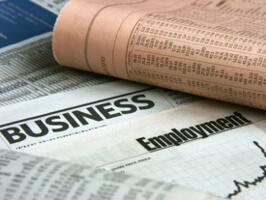
American workers are more confident than ever that they will get a salary boost in the near future, and most continue to believe the best opportunity for career advancement is to stay put.

Amazon’s 2017 deal with Whole Foods positioned the digital giant to grow their subscription pantry delivery service, but while online shopping may be all the rage, it seems to be catching on more slowly for food shopping. No matter whether they’re making their food purchases online or in a retail store though, Americans are much less likely to say they’re paying more for groceries now.
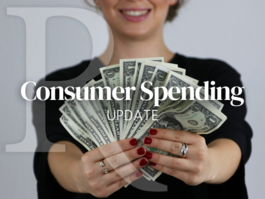
2018 has kicked off with economic confidence abound, but despite the positive financial outlook, Americans are slowing down on spending following a busy holiday shopping season.

President Trump said the Amtrak crash in Washington state yesterday illustrates his argument for a massive overhaul of U.S. infrastructure, a plan he intends to submit soon.

The majority of American adults continues to identify as middle class, but sex and race are among the factors that shape that identity and what it means.
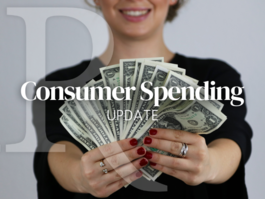
Today’s newly released jobs report, although unchanged from last month, finds the unemployment rate remaining at its lowest level in more than 17 years.
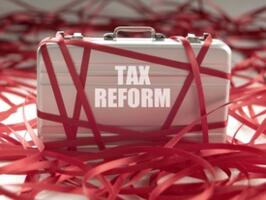
The Senate passed the GOP’s tax reform bill in a middle-of-the-night vote over the weekend. Half of voters think it’s likely that Congress will go through with the tax cuts before the end of the year, but they’re torn on whether they will end up cutting taxes too much or not enough.
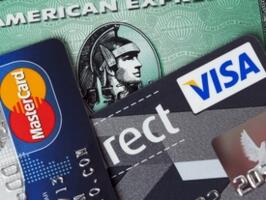
The holiday shopping season is now in high gear, but fewer Americans are concerned that having credit cards tempt people to spend more than they can afford. That doesn’t mean they don’t see the need to cut back on spending though.

Are Americans returning to the ways of good old hard cash? Plastic is still the choice for their main spending, but they’re less likely to go cash-free for a week than in past years.

Americans are jumping the gun on holiday shopping this year, with nearly half who say they’ve already started even before Black Friday and Cyber Monday deals hit.
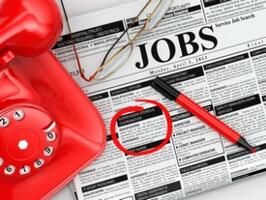
The government jobs report for October showed the hurricane-hit U.S. economy rebounding strongly, with the unemployment rate down now to 4.1%, the lowest level since 2000. No wonder that confidence in the job market has risen to a new high.
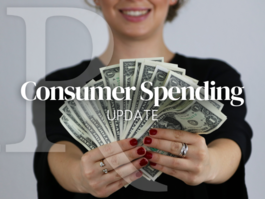
The stock market continues to soar to its highest levels to date...
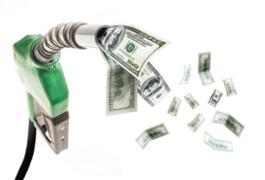
The Trump administration is considering raising the gas tax for the first time in 24 years to help pay for a one trillion dollar infrastructure plan, but Americans unsurprisingly are not on board.

Data breaches at major companies like the recent one at credit reporting firm Equifax are happening more frequently, and a sizable number of Americans admit to being a victim of a cyber attack.
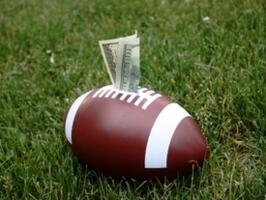
President Trump has repeatedly called out National Football League team owners in the partially tax-subsidized league for allowing player protests during the national anthem.

For the first time in eight years of tracking, more than half of homeowners see a rising home value in their future.
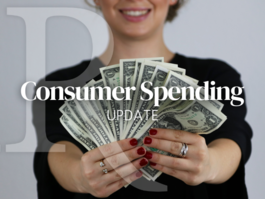
The overall Rasmussen Reports Economic Index for October rose two points to 129.2. Enthusiasm about the economy started to grow immediately following the 2016 presidential election and continues to show the highest level of confidence since this tracking began in 2014.

Congress is currently debating whether online retailers like Amazon should charge sales tax on purchases, even if the seller and buyer aren’t in the same state. A majority of Americans do at least some shopping online, and they are not fans of taxing those purchases.
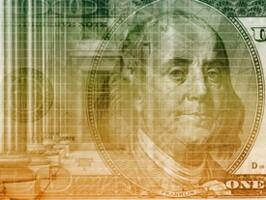
Hartford, the state capital of Connecticut, is close to declaring bankruptcy, saying it won't be able to pay all its bills within 60 days. But just as they did when Detroit was nearing bankruptcy in 2013, Americans don’t want the government getting involved.